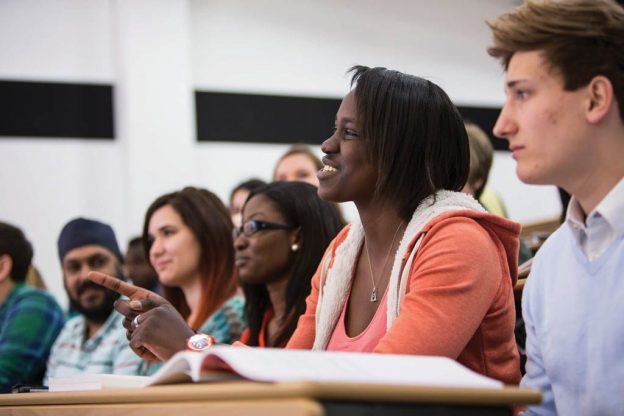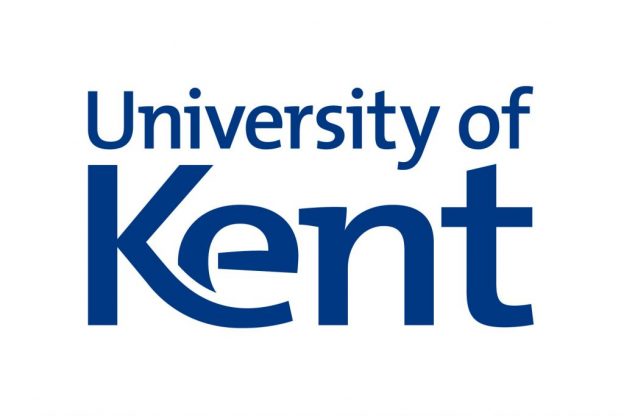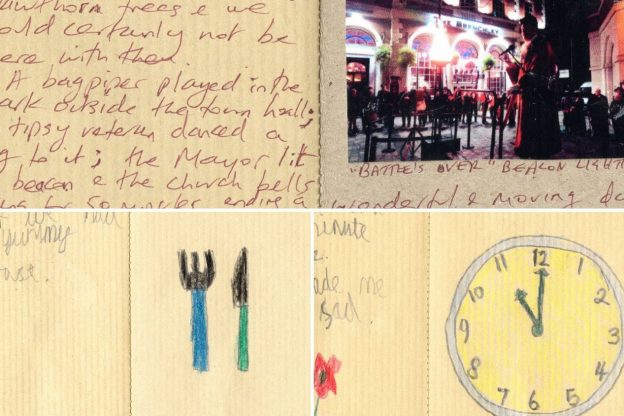Studying remotely can have its advantages – curating your own environment, working to your own timescale not to mention saving time and money. we spoke to three students who are making the most out of studying at home.
Zoe Horsham – MSc in Social and Applied Psychology
How are you coping with studying remotely?
I’m really enjoying having the opportunity to study remotely. I find that the use of online meetings for lectures saves a lot of commuting time and gives me more flexibility within my day.
Which online resources are you using?
I am using Zoom for meetings/lectures, and Kentplayer for recordings of lectures when livestreams aren’t available, which is accessed via Moodle. Moodle is my main source for all of my assignment information as well as where I can submit my coursework.
Give us an outline of your day
I aim to wake up at around 8am, and the first thing I do is make a list of all the things I want to achieve that day (taken from a list of weekly targets I set up on Monday evening). I aim to keep a 9 to 5 structure for my workday as best as I can. I work in my room or in the garden in the nice weather until around 1pm.
Then I have a break during which I take my allowed exercise time and use it to walk my dog. I aim to get back and start work again at around 2pm, and continue until 5pm, trying to complete as many items on the list as possible. Any that aren’t completed get pushed to the next day’s list, which I’ll add to the following morning. Then in the evenings I relax by watching videos and surfing the internet, and playing video games.
Sam Walker – BSC biomedical science and I’m in my final year
How are you coping with studying remotely?
I have found studying remotely much more effective for me as I have a family and commitments, so being able to work from home and log onto sessions via my phone etc enables me to carry on what I’m doing at home with the kids and work. There are moments when it’s hard as well, for instance when you have deadlines and it makes it much harder to try get them done in peace without the kids under your feet. However, studying remotely gives you so much more flexibility as all the sessions are recorded so if I am busy with something at home I can log onto the session in the evening once the kids are sorted and catch up then.
Which online resources are you using?
I have been using Zoom to enable face to face chats with lecturers and students during live revision sessions. WhatsApp has been used to ask each other questions in relation to study, also we have a group on Facebook with a few lecturers where we can post questions. We have access to Moodle which contains all the recordings and slides for the lectures, also we have full access to the library online as well. I’ve never struggled to find the information I needed from home yet due to the resources available.
Give us an outline of your day
Normally I get up between 8am and 10am depending on when the kids come in to wake me up. Generally I will lie in bed, log onto my student portal and check my emails, our question forums and if anything has been scheduled for the day. Then throughout the day it all depends on how demanding the kids are and how much free time I get to myself to whether I can sit on the computer and do work.
Generally I have had live Zoom sessions going while cooking dinner, preparing lunch doing housework etc. Unless there is a pressing deadline I generally do bits where I can. If not, the night becomes my time to catch up on things that I missed during the day When I get time to myself I just want to sit down and enjoy a few minutes not running round. In my downtime – when I get it – I generally curl up in bed with my other half and watch Netflix or play the Switch or Xbox.
It is hard studying with kids but doing it remotely makes it so much easier to adapt to my lifestyle. I also save a lot of money on petrol – I used to spend two hours travelling into Uni for a 45 minutes lecture, so this mounts up in costs.
Jay Bevan – BSc Computer Science and AI
How are you coping with studying remotely?
I am treating it as I would a normal home day, inserting a couple hours of work into the schedule at my leisure. I’m finding it easier to pace myself and feeling more productive when I control more of my hours.
Which online resources are you using?
I use Moodle and supporting websites relevant to my course like Khan Academy.
Give us an outline of your day
I’ll wake up at 9am, have breakfast at 9:30am and then work until 12pm. Between 1pm to 3pm I will do circuits in front of the house with various bits of gym equipment for an hour. I will then resume work at 3pm and work through till 5pm.









